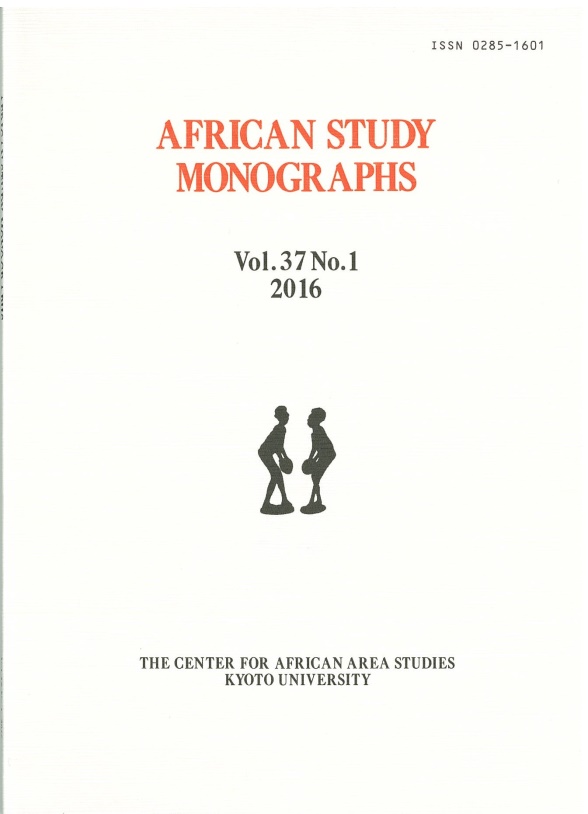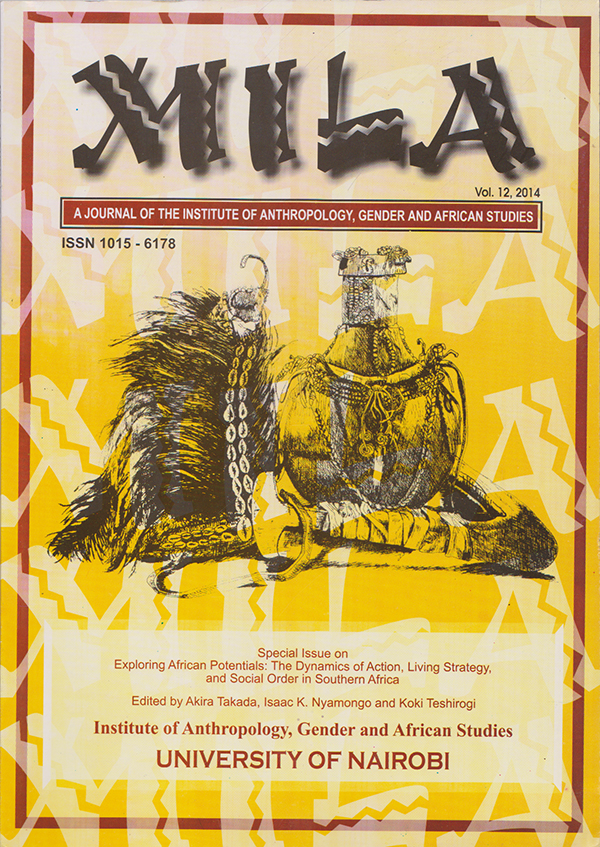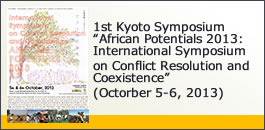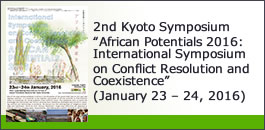Date: May 14, 2013 (Tue.), 14:30 – 16:30
Venue: Seminar Room (No. 318), Inamori Center, 3F
“Fragmentation, Cooperation and Power: The Institutional Dynamics in Natural Resource Governance in North-western Namibia”
Michael Bollig (Institute for Social and Cultural Anthropology, Vice-Rector for International Relations, Diversity and Academic Career, Universität zu Köln)
Program
14:30 – 16:30 Michael Bollig (Institute for Social and Cultural Anthropology, Vice-Rector for International Relations, Diversity and Academic Career, Universität zu Köln)
“Fragmentation, Cooperation and Power: The Institutional Dynamics in Natural Resource Governance in North-western Namibia”
Abstract
Contemporary theoretical accounts of common pool resource management assume that communities are able to develop institutions for sustainable resource management if they are given security of access and appropriate rights of management, and if they can develop institutions that prevent free-riding and over-exploitation. Rural communities have been conceptualized as cornerstones of sustainable and efficient resource management: as a viable alternative to privatizing resources or putting them under state administration. In recent years comprehensive legal reforms of communal rural resource management in Namibia have sought to create an institutional framework linking sustainable land use and rural development. The state, however, ceded rights to communities in an ambiguous and fragmented manner, creating a number of instances of overlapping property rights. Nowadays communities grapple with the challenge of instituting these “new commons”, which are grafted onto earlier communal institutions, but also shaped by state legislation and the engagement of non-governmental organizations. This presentation describes the process of institutional development, focusing on the challenges arising from the necessity to define group boundaries, the issues arising from monitoring and sanctioning within a newly defined common property regime, and the ideological underpinnings of different trajectories of community based natural resource management (CBNRM).


 Exploring African Potentials, Mila Special Issue
Exploring African Potentials, Mila Special Issue
